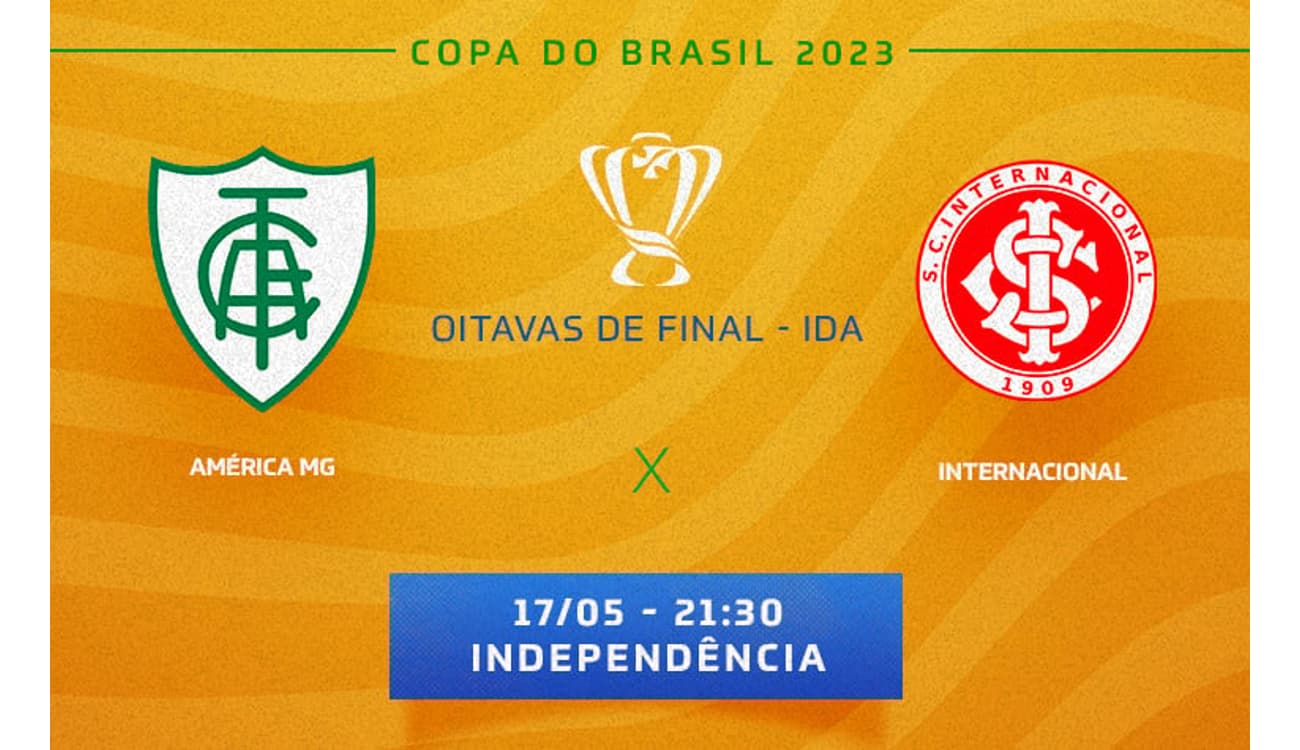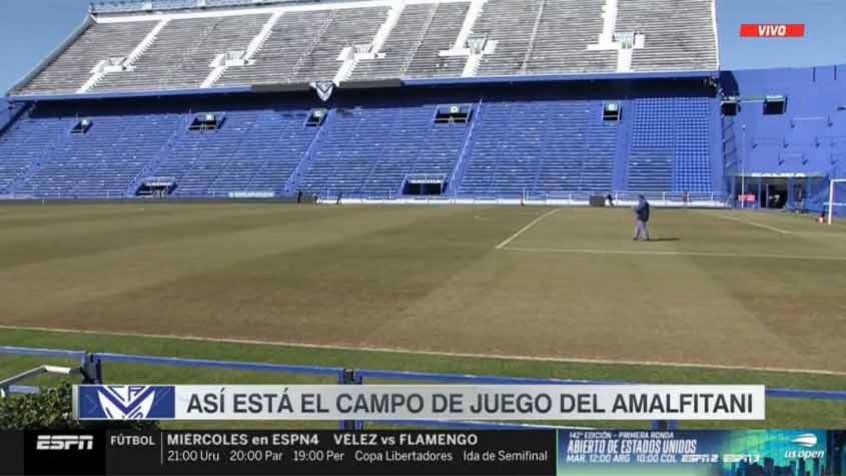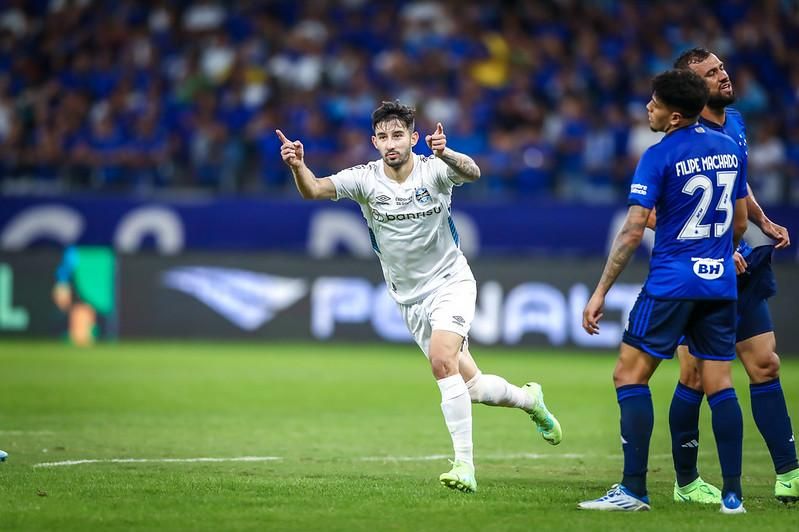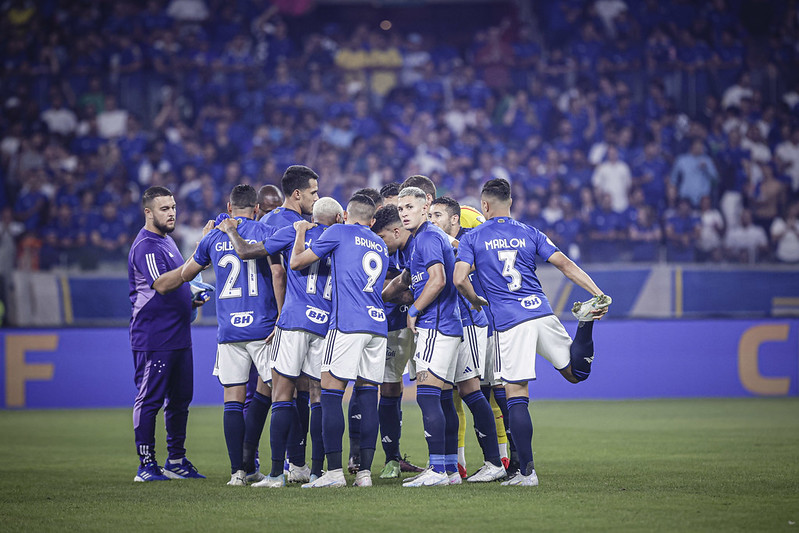The Copa Libertadores: South America's Premier Club Football Tournament
Por um escritor misterioso
publicado em julho/27/2024

Explore the rich history and significance of the Copa libertadores , the most prestigious club football tournament in South America.


One of the unique aspects of the Copa libertadores is its format. Unlike other continental competitions such as UEFA Champions League or AFC Champions League, which are played on a knockout basis from start to finish, the Copa libertadores includes both group stages and knockout rounds. This format allows for more matches and ensures that only the best teams progress to later stages.
The road to glory in the Copa libertadores begins with a qualification phase where clubs from smaller nations compete for a spot in the group stage. Once qualified, teams are divided into groups consisting of four teams each. They play home-and-away matches against each other over several weeks. The top two teams from each group advance to knockout rounds.
The knockout stages consist of round-of-16, quarter-finals, semi-finals, and ultimately culminate in a grand final match where two remaining teams battle it out for continental supremacy. The final is typically played over two legs - one at each team's home ground - providing an exciting atmosphere for fans.
Over its long history, many legendary clubs have left their mark on this prestigious tournament. Argentine giants Boca Juniors and River Plate have been particularly dominant forces throughout various editions of Copa libertadores. Brazilian powerhouses like Santos FC and São Paulo FC have also enjoyed success on multiple occasions.
Apart from being a platform for intense football rivalries, the Copa libertadores holds immense significance in South American football culture. Winning the tournament is seen as a crowning achievement for any club and can elevate their status both domestically and internationally. The victorious team earns the right to represent South America at the FIFA Club World Cup, where they compete against other continental champions.
The Copa libertadores has witnessed several memorable moments that have etched themselves into football history. One such moment occurred in 1963 when Santos FC, led by Brazilian legend Pelé, won their first of three consecutive titles. This feat solidified Santos' place among the greatest clubs in South American football.
Another unforgettable edition of Copa libertadores took place in 2018 when Boca Juniors and River Plate faced off in an all-Argentine final. The rivalry between these two Buenos Aires-based clubs is one of the fiercest in world football, and this historic final lived up to expectations with its drama and intensity.
In recent years, there have been discussions about expanding the tournament to include teams from other confederations or even transforming it into a global competition similar to UEFA Champions League. However, many purists argue that such changes would dilute its unique charm and identity as a purely South American affair.
The Copa libertadores continues to captivate fans across South America with its rich history, passionate rivalries, and high-quality football. It remains an integral part of the continent's sporting fabric and serves as a stage for clubs to showcase their talent on an international scale.




Minha Casa, Minha vida terá novas regras, descontos maiores

Gramado ruim gera 'climão' nos bastidores de Flamengo e Vélez Sarsfield antes de semifinal - ISTOÉ Independente
The Copa libertadores is an annual club football competition held in South America. It was first organized in 1960 by the South American Football Confederation (CONMEBOL) and has since become one of the most prestigious tournaments in world football. The tournament features teams from across South America, with clubs from Argentina, Brazil, Uruguay, and Colombia being among the most successful.One of the unique aspects of the Copa libertadores is its format. Unlike other continental competitions such as UEFA Champions League or AFC Champions League, which are played on a knockout basis from start to finish, the Copa libertadores includes both group stages and knockout rounds. This format allows for more matches and ensures that only the best teams progress to later stages.
The road to glory in the Copa libertadores begins with a qualification phase where clubs from smaller nations compete for a spot in the group stage. Once qualified, teams are divided into groups consisting of four teams each. They play home-and-away matches against each other over several weeks. The top two teams from each group advance to knockout rounds.
The knockout stages consist of round-of-16, quarter-finals, semi-finals, and ultimately culminate in a grand final match where two remaining teams battle it out for continental supremacy. The final is typically played over two legs - one at each team's home ground - providing an exciting atmosphere for fans.
Over its long history, many legendary clubs have left their mark on this prestigious tournament. Argentine giants Boca Juniors and River Plate have been particularly dominant forces throughout various editions of Copa libertadores. Brazilian powerhouses like Santos FC and São Paulo FC have also enjoyed success on multiple occasions.
Apart from being a platform for intense football rivalries, the Copa libertadores holds immense significance in South American football culture. Winning the tournament is seen as a crowning achievement for any club and can elevate their status both domestically and internationally. The victorious team earns the right to represent South America at the FIFA Club World Cup, where they compete against other continental champions.
The Copa libertadores has witnessed several memorable moments that have etched themselves into football history. One such moment occurred in 1963 when Santos FC, led by Brazilian legend Pelé, won their first of three consecutive titles. This feat solidified Santos' place among the greatest clubs in South American football.
Another unforgettable edition of Copa libertadores took place in 2018 when Boca Juniors and River Plate faced off in an all-Argentine final. The rivalry between these two Buenos Aires-based clubs is one of the fiercest in world football, and this historic final lived up to expectations with its drama and intensity.
In recent years, there have been discussions about expanding the tournament to include teams from other confederations or even transforming it into a global competition similar to UEFA Champions League. However, many purists argue that such changes would dilute its unique charm and identity as a purely South American affair.
The Copa libertadores continues to captivate fans across South America with its rich history, passionate rivalries, and high-quality football. It remains an integral part of the continent's sporting fabric and serves as a stage for clubs to showcase their talent on an international scale.

Grêmio aproveita lambança, bate Cruzeiro e vai às quartas da Copa do Brasil

Grêmio x Cruzeiro; confira todas as informações da partida, como onde assistir e prováveis escalações – Zeiro
